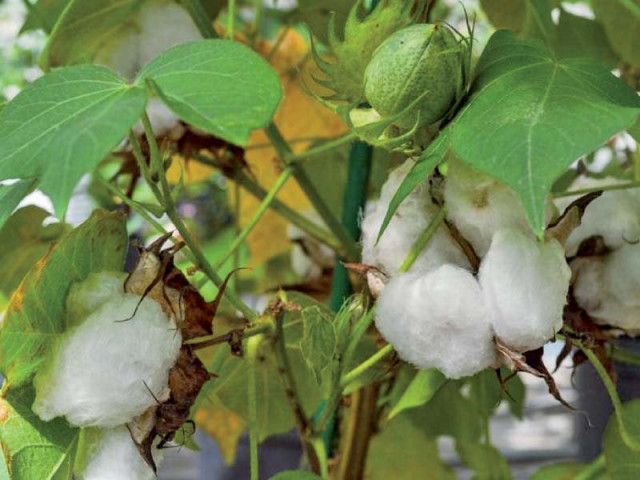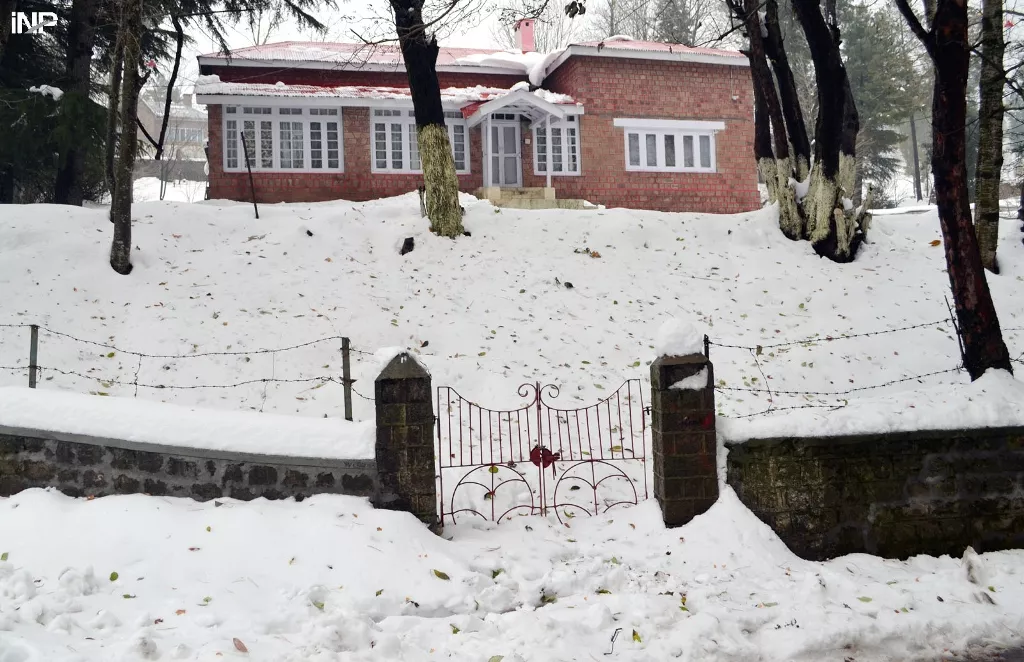PM Imran asked to delay implementation of duty withdrawal on cotton import
Withdrawal of duties is feared to push down cotton prices in domestic market

Cotton production has declined around 20% primarily because growers have shifted to sugarcane and wheat plantation, which guarantees minimum support price. PHOTO: REUTERS
In a high-level meeting, they asked the prime minister to delay implementation of the duty withdrawal decision for some time in order to allow the growers to harvest the remaining crop. However, the textile ministry opposed the proposal. The government has recently withdrawn all the duties on cotton import following pressure by the textile millers.
The Ministry of National Food Security and Research did not back the decision, arguing that all textile units were not export-focused but they were enjoying the incentives offered to the export-oriented industry.
These textile units were manufacturing their products and were selling in the domestic market, the ministry pointed out.
Earlier, the food security ministry pleaded in a meeting of the Economic Coordination Committee (ECC) that stocks of cotton were still lying with the ginning factories and the farmers, and any duty-free imports would deprive the growers of a better price for their produce.
The Federal Board of Revenue (FBR) was of the view that the country would lose Rs4 billion worth of revenue because of the duty-free import of cotton.
However, the government did not pay heed to the arguments and the farmers were left at the mercy of textile magnates as they were still holding the produce due to low prices.
During discussions in a recent meeting, members of the cabinet cautioned that the withdrawal of regulatory and customs duties would have an adverse impact on cotton prices in the domestic market, which would discourage the farmers, many of whom had already abandoned the crop and switched to more profitable alternatives.
It was pointed out that cotton production had declined around 20% primarily because the growers shifted to sugarcane and wheat plantation, which guaranteed a minimum support price.
It was suggested that the withdrawal of regulatory and customs duties may be delayed by at least 15 days to give time to the growers for harvesting the remaining crop.
The Commerce Division explained that the proposed duty withdrawal was not a departure from last year’s policy.
The prime minister, while chairing the cabinet meeting, was informed that almost 95% of cotton crop had been picked and there would hardly be any further impact on prices compared to what had already happened following the ECC decision to withdraw duties with effect from January 2020.
Emphasis was laid on addressing policy issues which included poor quality of seeds and pesticides, delay in operationalising the Plant Breeders Act, price insurance, etc. These had resulted in a decline in cotton production.
Many farmers switched to the sugarcane crop due to their exploitation by the textile millers but now they are being targeted by the sugar millers.
Year 2018-19 was a worst period when cotton production dropped to historic lows due to poor attention paid by the government.
According to the Ministry of National Food Security, 1.4 million bales were lying with the ginning factories. The Federal Committee on Agriculture (FCA) estimated that the cotton crop volume would be 10.78 million bales in the current season.
Over three million bales are yet to arrive in the ginning factories and are lying with the growers.
Estimates of the Ministry of Commerce suggest that Pakistan’s textile sector consumes around 12 to 17 million bales of cotton per annum. Cotton consumption reached 16.31 million bales in 2007-08, 15.31 million bales in 2017-18 and 12.34 million bales in 2018-19.
Similary, cotton production stood at 13 million bales in 2006-07, 13.96 million bales in 2014-15 and 9.9 million bales in 2018-19.
Cotton import remained duty-free till the abolition of 0% slab in 2014-15 and imposition of 1% customs duty along with 5% sales tax.
At present, imported cotton is subject to 3% regulatory duty, 2% additional customs duty and 5% sales tax.
Published in The Express Tribune, January 24th, 2020.
Like Business on Facebook, follow @TribuneBiz on Twitter to stay informed and join in the conversation.


1735506669-0/image-(16)1735506669-0-208x130.webp)
















COMMENTS
Comments are moderated and generally will be posted if they are on-topic and not abusive.
For more information, please see our Comments FAQ